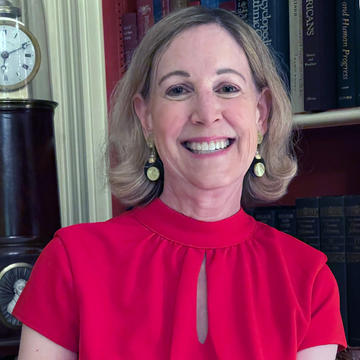The Supreme Court's alarming public approval slump
Barbara Perry writes that recent controversies are upending the noble image of the court
A student visiting the U.S. Supreme Court once asked his guide, “Do the justices wear clothes?” Presumably, the unstated premise to the odd query was, “When not in their judicial robes.” The young visitor probably didn’t realize how significant the wardrobe justices wear while on the bench is. As Judge Jerome Frank wrote about judicial regalia, “The robe gives the impression of uniformity in the decisions of the priestly tribe. Says the uniform black garment to the public mind: Judges attain their wisdom from a single superhuman source; their individual attitudes must never have any effect on what they decide.”
In the past year alone, however, an unprecedented opinion leak, followed by an unpopular abortion decision, as well as questions about Justice Clarence Thomas’s and his wife’s financial links to conservative individuals and interest groups, have battered the high court’s approval ratings.
In full disclosure, I must admit to venerating the Supreme Court ever since I made my first visit to the Marble Palace on Capitol Hill as a high school senior. A year-long constitutional history course in college, and a 1994-95 fellowship at the court cemented my loyalty to “the jewel in the crown” of the federal judiciary.
My fealty doesn’t flow from whether I like particular justices, agree with all their decisions or lean in the same direction as the court’s majority on hot-button issues. Favorite justices I’ve known span the ideological spectrum, from Antonin Scalia on the right, to Lewis Powell and Sandra O’Connor in the center, to William Brennan and Ruth Ginsburg on the left. As a political scientist, I focus on government institutions and their roles in our democratic republic, not necessarily the people who populate them.
Alexander Hamilton wrote that the judiciary has no power “either over the sword [executing laws] or the purse [funding government].” “Judgment” alone is its only power. Hamilton stressed that judges’ “independence” and “integrity,” along with “knowledge” of legal precedents, would “guard the Constitution and the rights of individuals.”
Thus, the judicial oath of office requires federal jurists to “solemnly swear” that they “will administer justice without respect to persons, and do equal right to the poor and to the rich,” and “faithfully and impartially discharge and perform all the duties incumbent upon [them] under the Constitution and laws of the United States.” Fulfilling this oath preserves the power of Supreme Court judgments.
